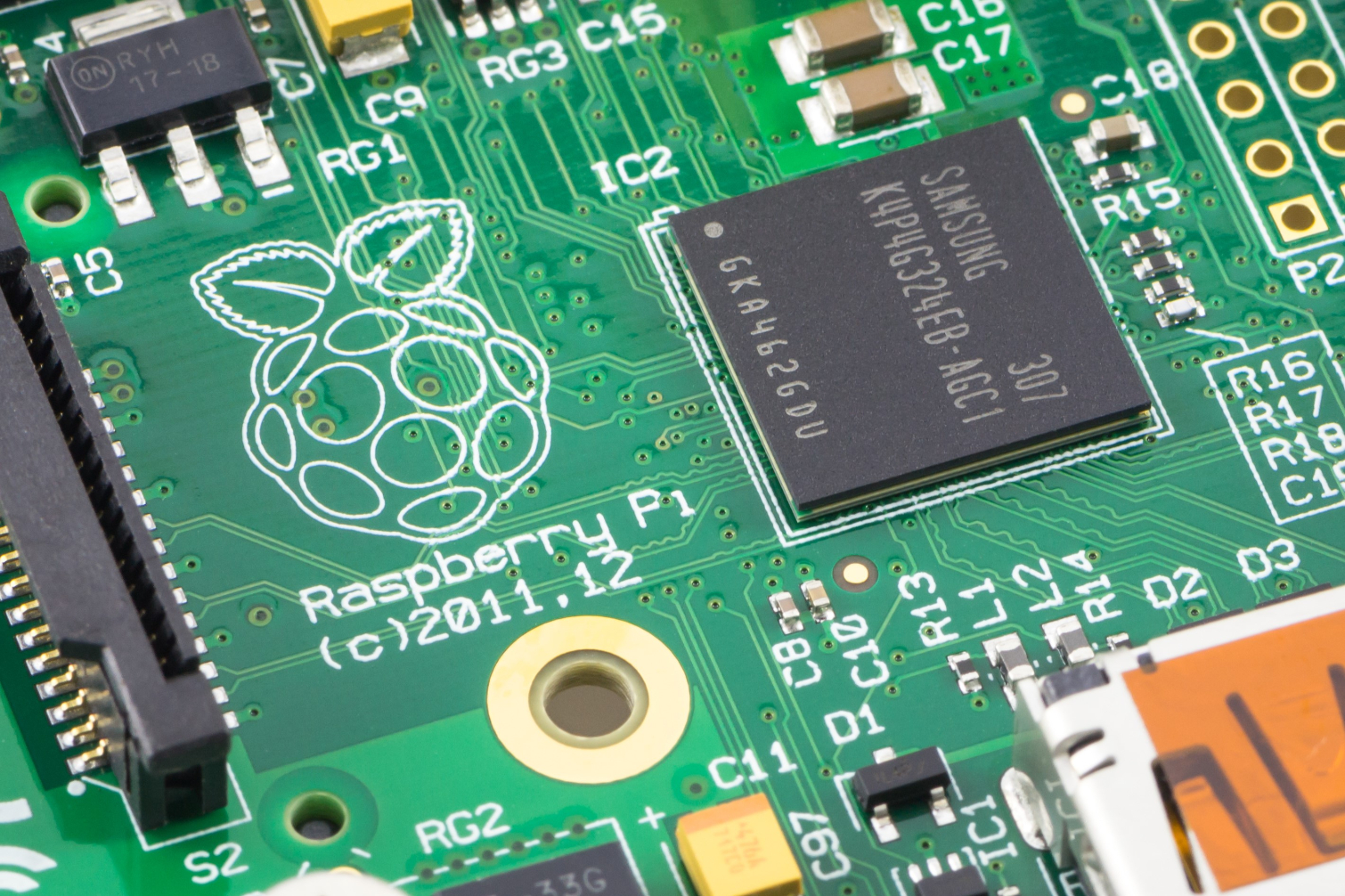Raspberry Pi Updates Devices to Linux 4.19
The Raspberry Pi Foundation today started rolling out an update that brings its devices to the Linux 4.19 kernel. Its diminutive computers are currently on the Linux 4.14 kernel, so in updating to 4.19, it should become significantly easier for Raspberry Pi patches to be developed.
Phoronix reported that the Raspberry Pi Foundation worked on the upgrade from Linux 4.14 to 4.19 over the course of several months. Several improvements made to the Linux kernel in between those releases were meant to improve Raspberry Pi and Broadcom devices.
Linux 4.19 is a Long-Term Support (LTS) release, too, which means the Raspberry Pi Foundation can safely build on top of it for the foreseeable future. Combine that support with the improvements made between kernels, and it's easy to see the upgrade's reasoning.
Details about the Raspberry Pi's firmware and Linux source tree updates can be found on their respective GitHub pages. Raspberry Pi owners--whom we'd call "Pi-hards" if we thought that would get past our editor--can get the new kernel with rpi-update.
Some people are said to be experiencing Wi-Fi issues after updating to the new kernel, however, so it might be worth waiting a bit just to see if there are any fixes released (or how widespread the problem actually is; it's hard to tell right now).
This update is just the latest in a series of reasons to keep an eye on the Raspberry Pi. Recently the Raspberry Pi 3 received the ability to run Windows 10 (see how to how to install Windows 10 on Raspberry Pi in our tutorial) --although not particularly well, as we learned in our hands-on with Windows 10 on Raspberry Pi--and the first retail store devoted to the itty-bitty devices opened this month.
Want to comment on this story? Let us know what you think in the Tom's Hardware Forums.
Get Tom's Hardware's best news and in-depth reviews, straight to your inbox.

Nathaniel Mott is a freelance news and features writer for Tom's Hardware US, covering breaking news, security, and the silliest aspects of the tech industry.
